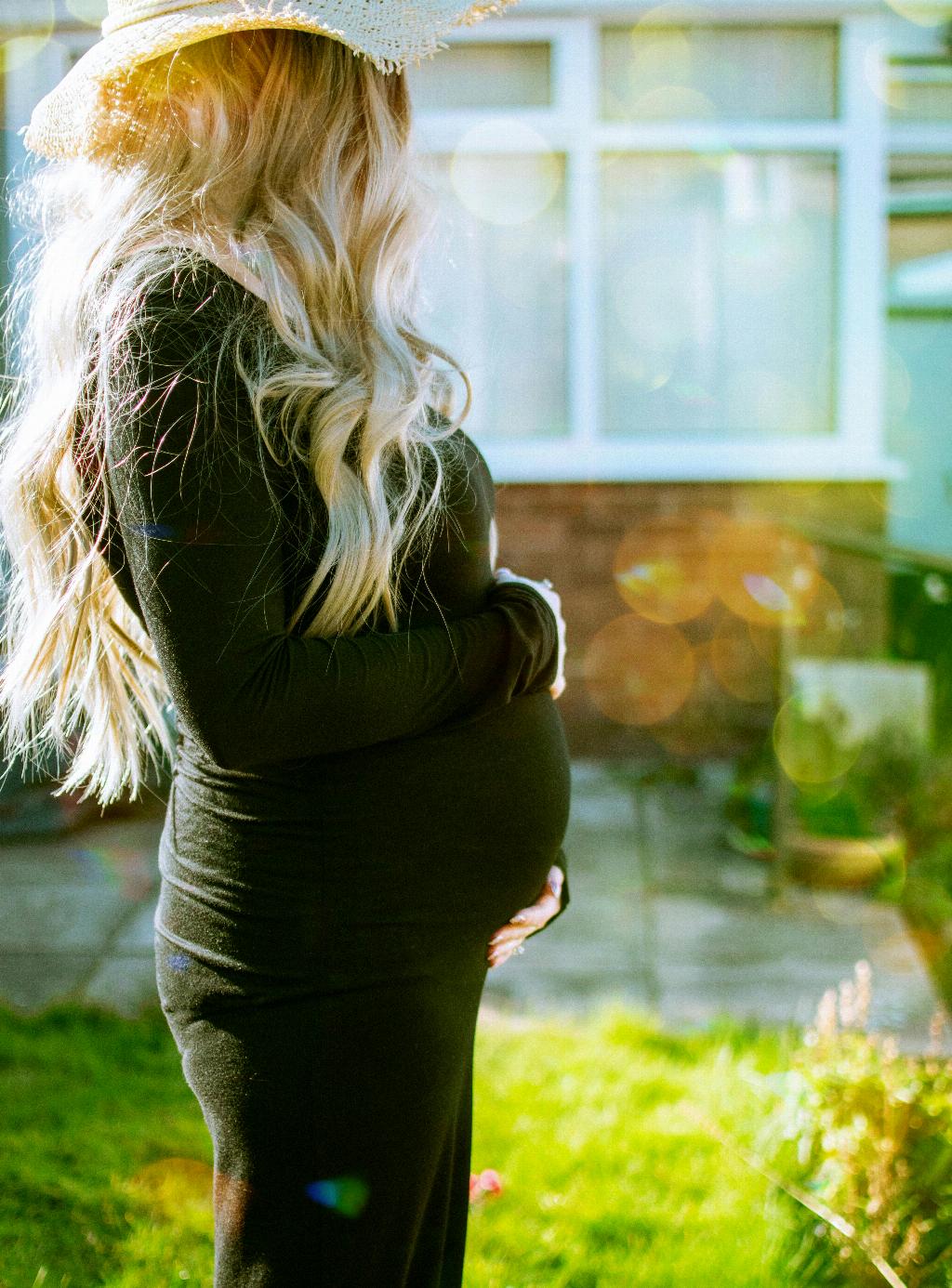When exploring the possibility of whether C-sections can cause ectopic pregnancy, it is crucial to delve into the various risk factors associated with this gynaecological condition. Ectopic pregnancies occur when a fertilized egg implants itself outside of the uterus, most commonly in the fallopian tubes. While several risk factors can contribute to the likelihood of experiencing an ectopic pregnancy, research has suggested that certain factors, including prior cesarean deliveries, may play a role in the development of this condition.
One of the key risk factors associated with ectopic pregnancy is a history of tubal pathology or surgery. Any prior damage or abnormalities in the fallopian tubes can increase the chances of an ectopic pregnancy occurring. Cesarean deliveries, which involve incisions made in the abdomen and uterus to deliver the baby, can sometimes lead to scarring or adhesions that affect the structure and function of the fallopian tubes, potentially increasing the risk of ectopic pregnancy in subsequent pregnancies.
Pelvic infections are another significant risk factor for ectopic pregnancies. Inflammation or infection in the pelvic area can result in scarring or damage to the fallopian tubes, making it more difficult for a fertilized egg to travel to the uterus for normal implantation. Cesarean sections, like any surgical procedure, carry a risk of infection, which, if not promptly treated, could contribute to the development of pelvic infections that may impact fertility and increase the likelihood of ectopic pregnancy.
Smoking is known to be a risk factor for ectopic pregnancy, as it can affect the function of the fallopian tubes and reduce the ability of cilia to move a fertilized egg towards the uterus. Women who undergo cesarean deliveries and continue to smoke postpartum may be at higher risk of experiencing complications such as ectopic pregnancy due to the detrimental effects of smoking on reproductive health. It is essential for individuals who smoke to be aware of the additional risks associated with both cesarean deliveries and ectopic pregnancies.
While cesarean deliveries are not a direct cause of ectopic pregnancies, they can influence certain risk factors that predispose individuals to this condition. It is crucial for healthcare providers to assess and monitor patients who have undergone cesarean sections for any signs or symptoms that may indicate an ectopic pregnancy. Early detection and intervention are key in managing ectopic pregnancies and minimizing the potential risks to maternal health.
Overall, the relationship between cesarean deliveries and ectopic pregnancies underscores the importance of comprehensive prenatal care and postpartum monitoring for individuals who have undergone surgical deliveries. By addressing and managing potential risk factors effectively, healthcare providers can help reduce the likelihood of ectopic pregnancies and improve outcomes for individuals who may be at increased risk due to previous cesarean sections.

